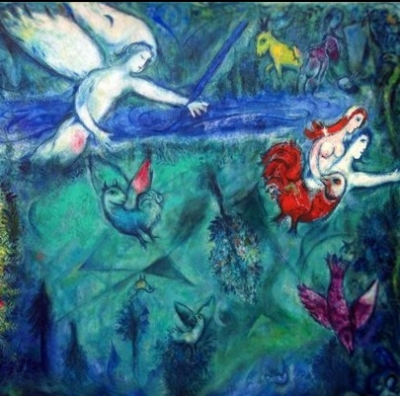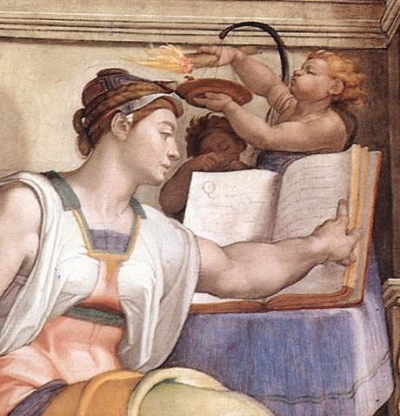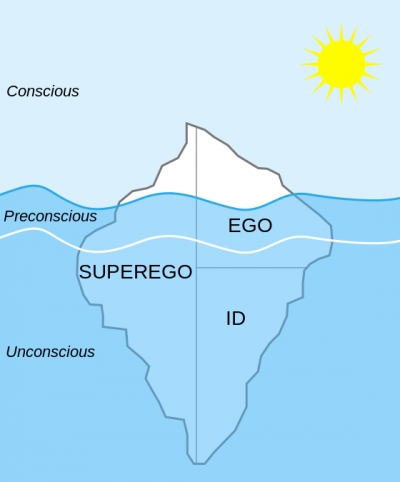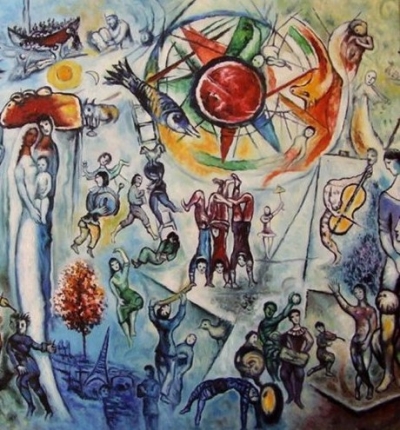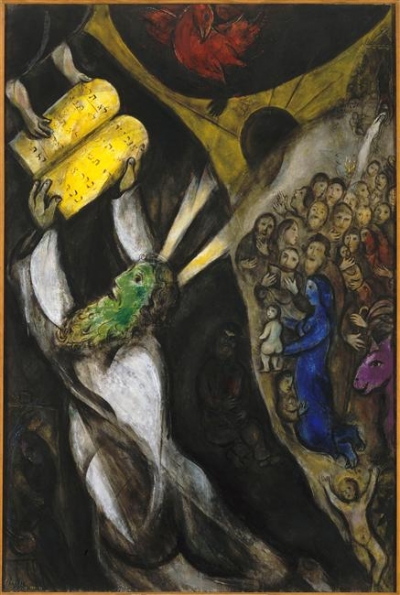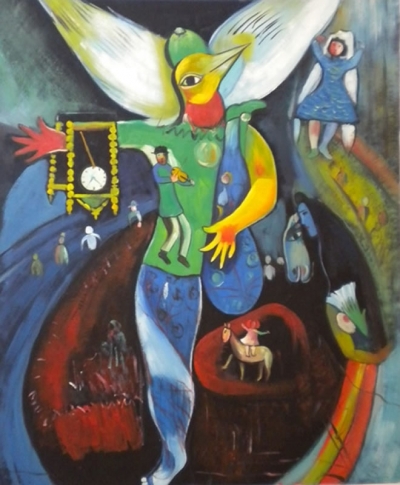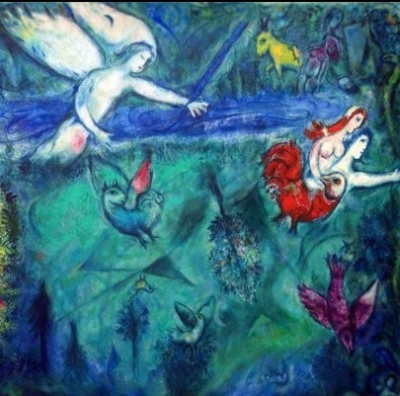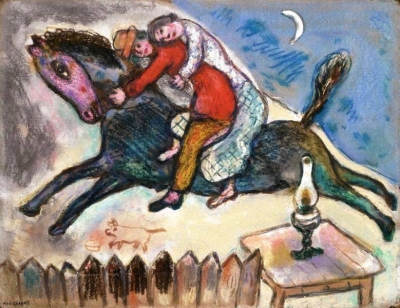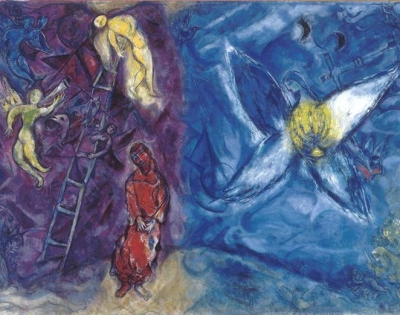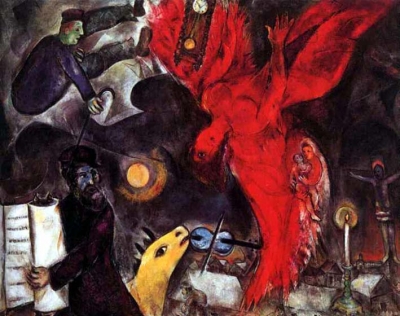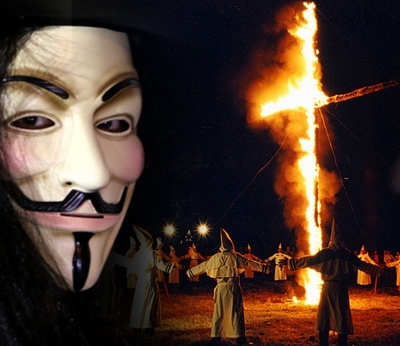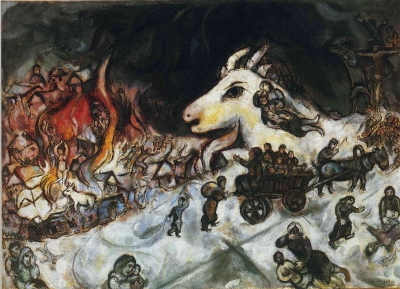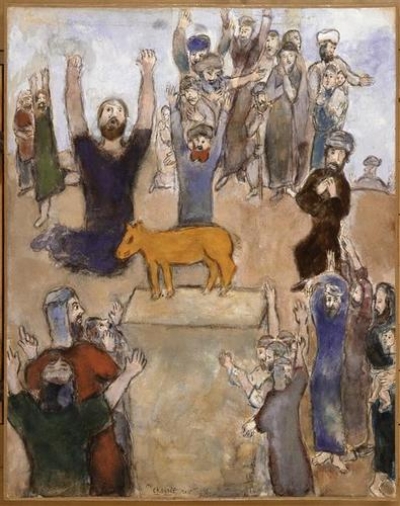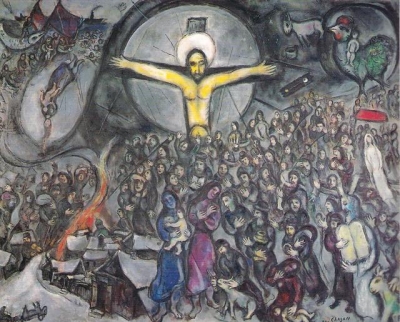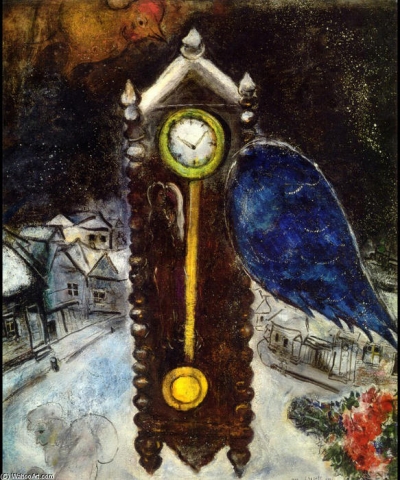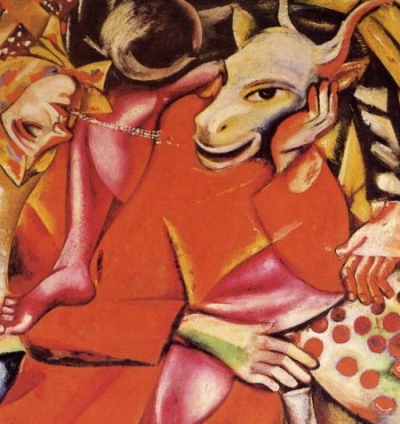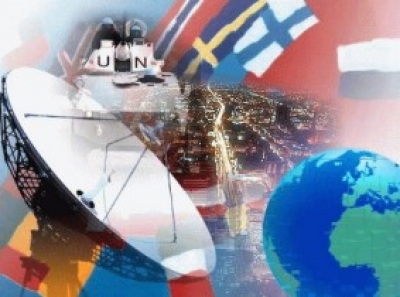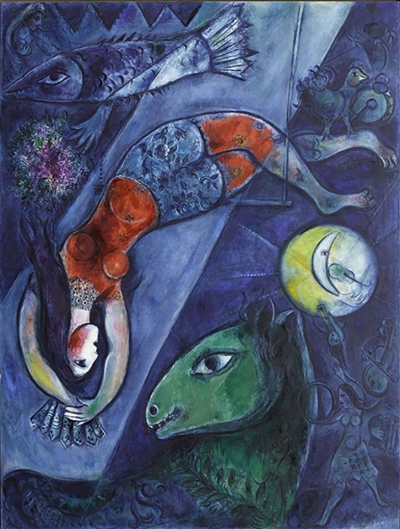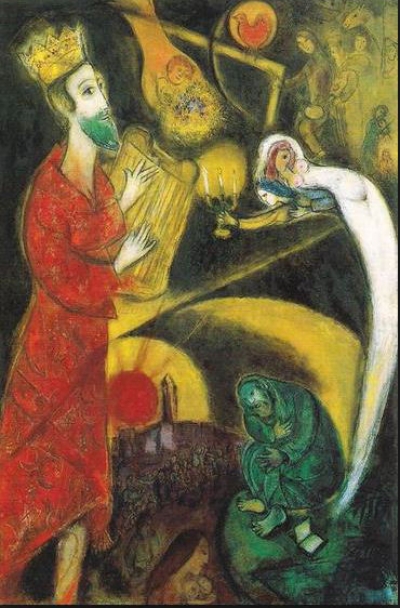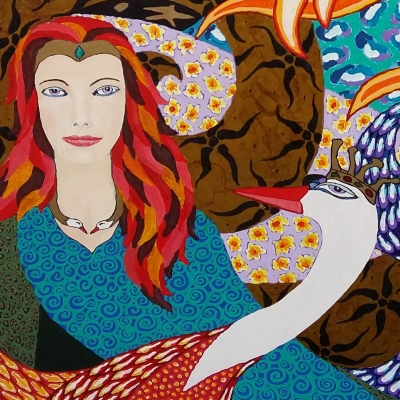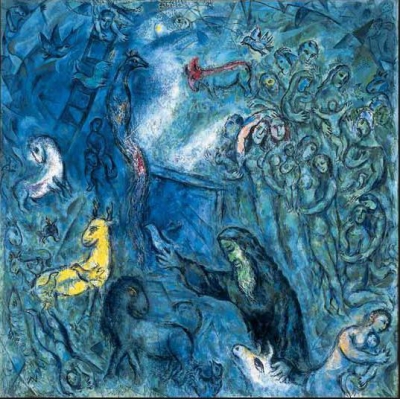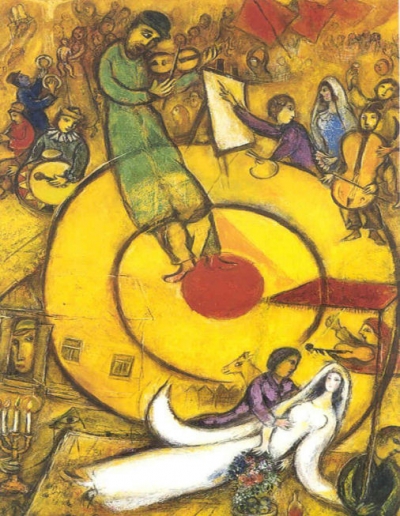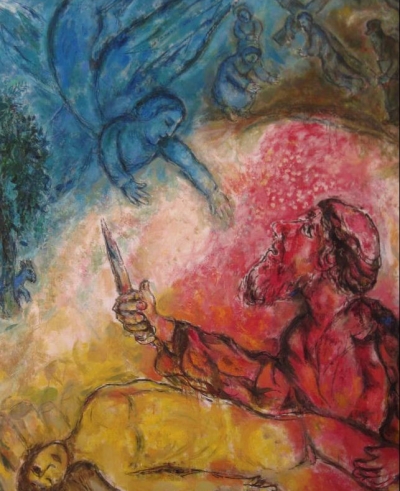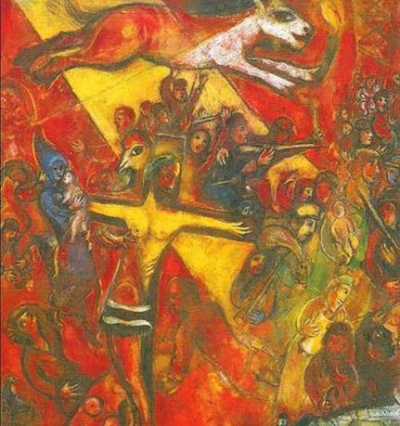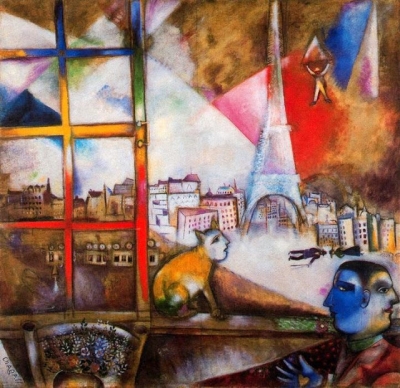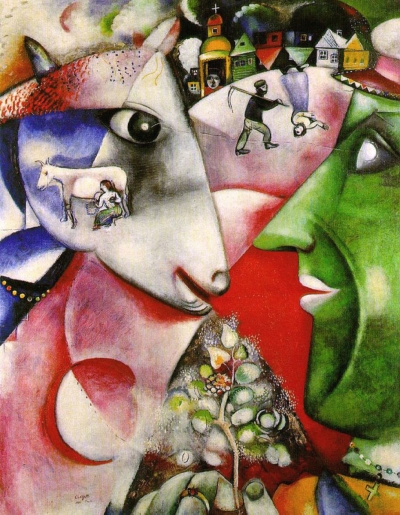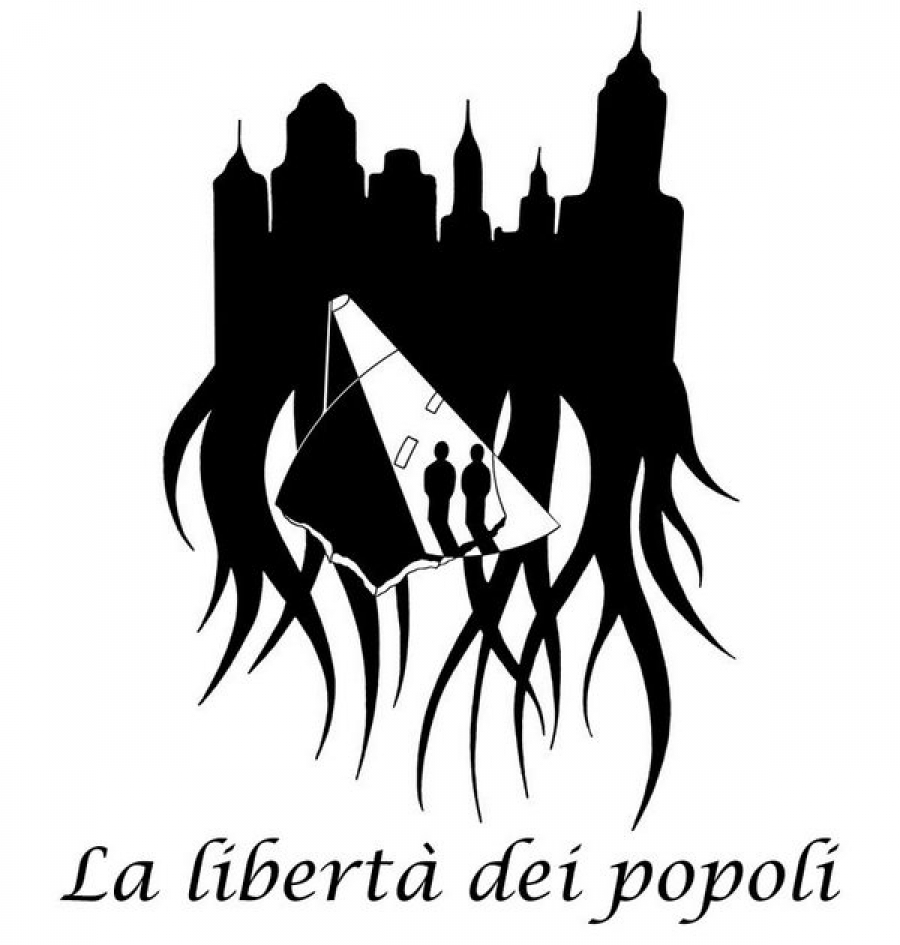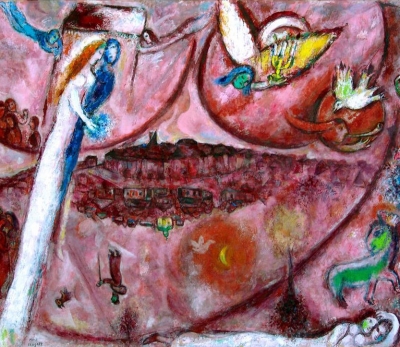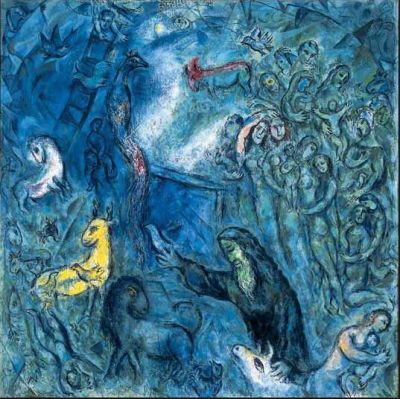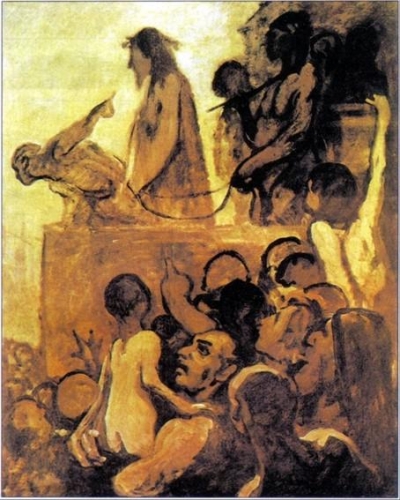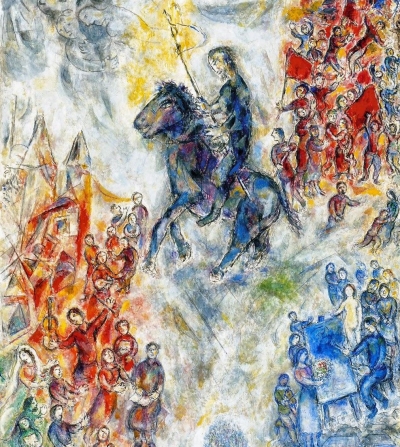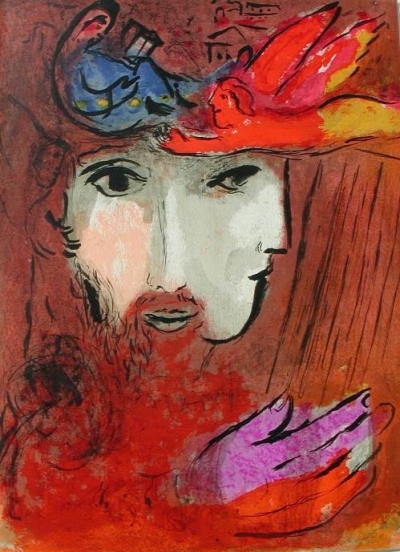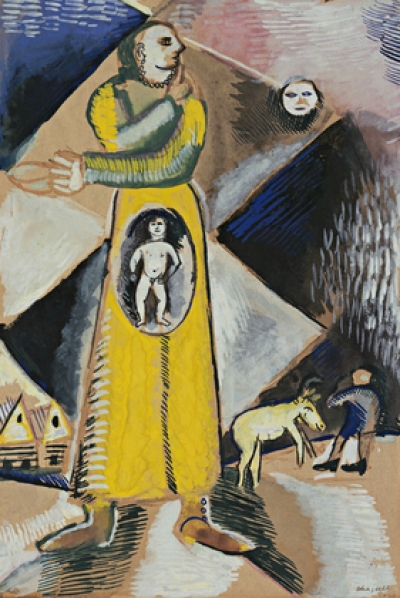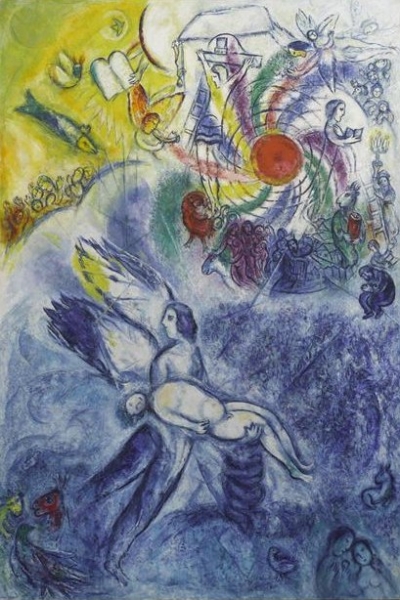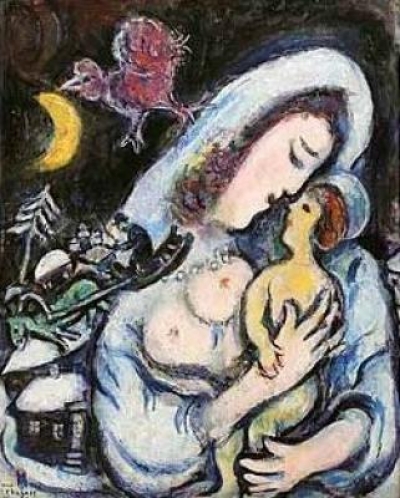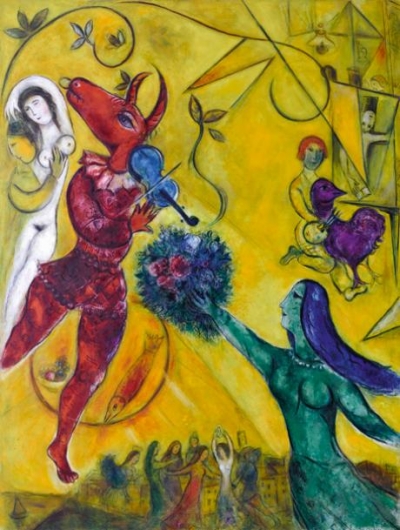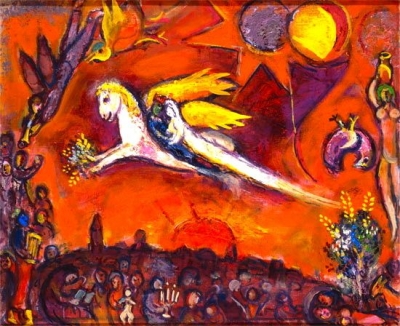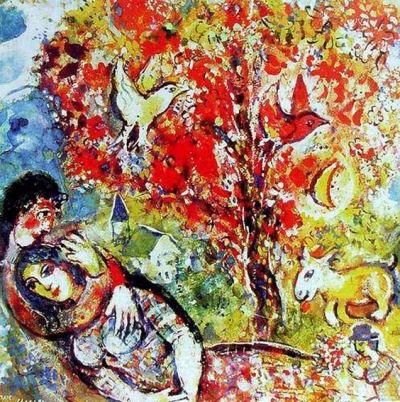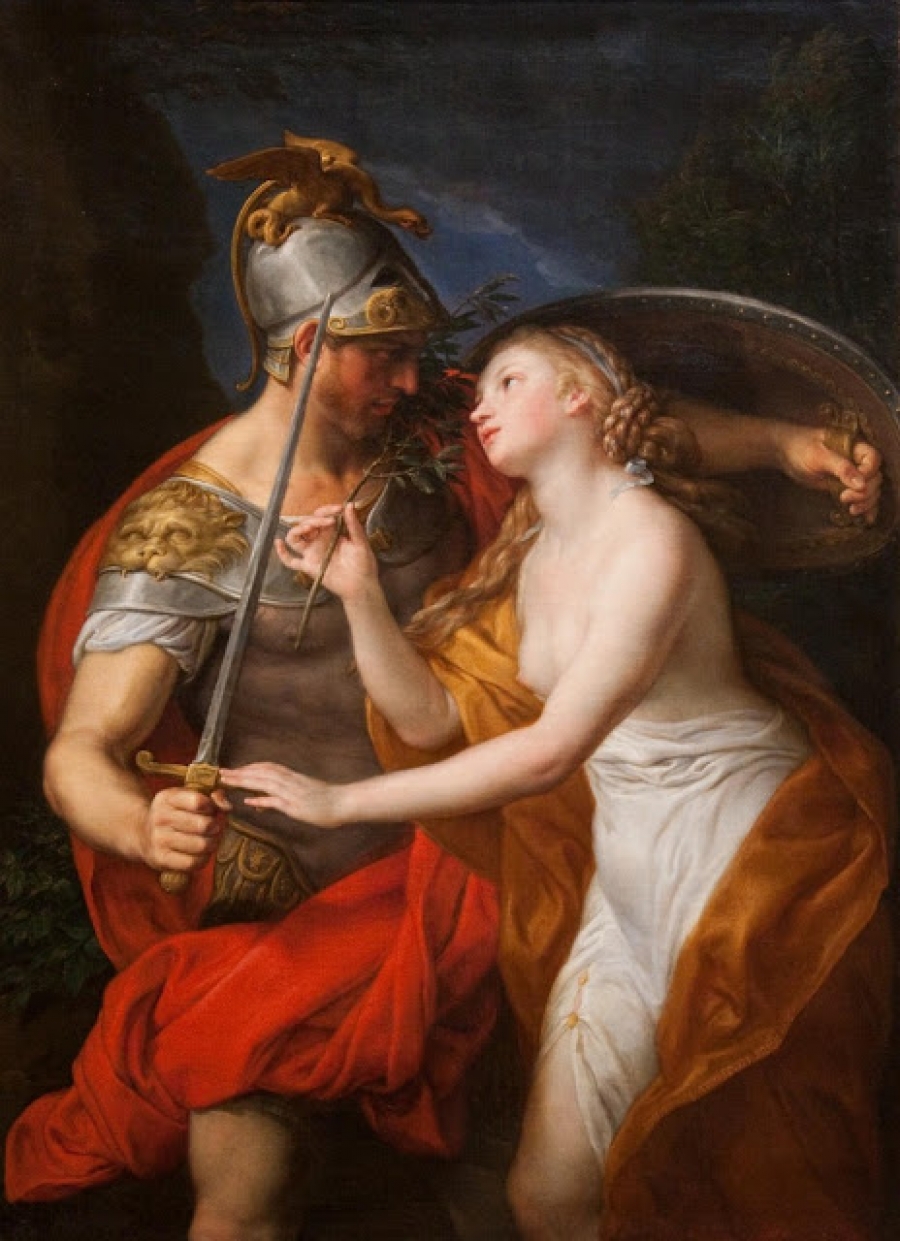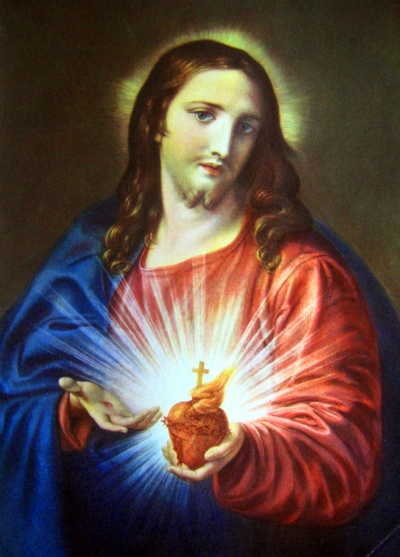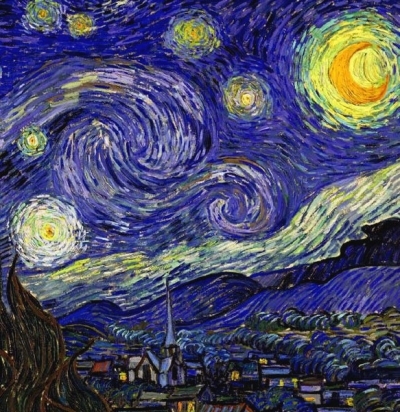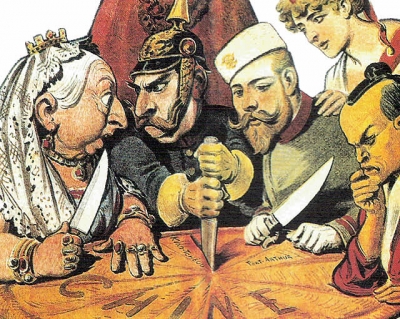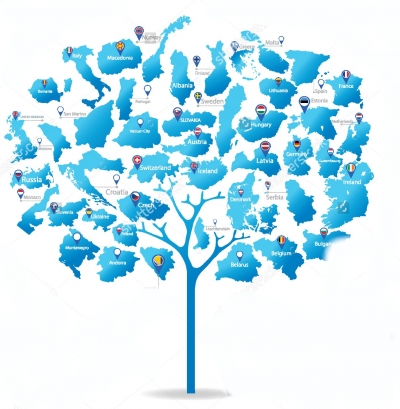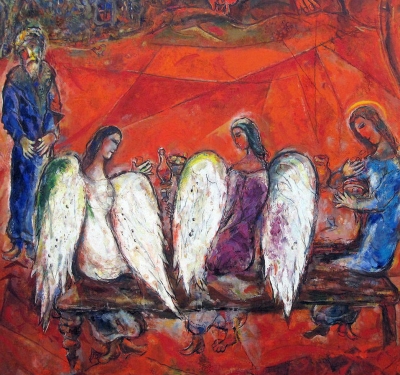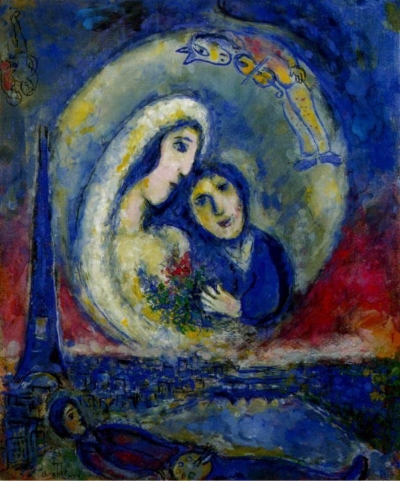When one comes to Sin, one must disturb the religion, because the "sin" is the only conscious and voluntary transgression of the Divine law, in everyday language we speak of guilt.
In granting the Jewish Theological thinking, but also in the Muslim religion-Christian, sin is mainly in harmony with disobedience to the divine will, as from what is believed to be the cause of original sin, Adam disobedience; the Buddhist philosophy of life thinks in a completely different way, it draws its dogma from brahaminica philosophy and holds that man cannot escape the cycle of cause - effect law and makes no mention to the sin as thought by Catholic Christian religion.
In the Jewish tradition, however, this act was not considered to be a “original” sin inherited by all descendants of Adam, but only such as the first sin, not necessarily working even in Adam's descendants.
The common element is the idea that the disobedience to God's Commandments is sin itself, whatever the commandments themselves are; nor this may be surprising, if we bear in mind that, in the corresponding part of the biblical story, God is conceived as rigid authority, along the lines of a King, of oriental Kings.
In this way the feudal Church taught people to fear not only the authority in the person of officials responsible for enforcing the laws (right or wrong) because they have weapons.
One such fear, as sin, would not be sufficient guarantee for the proper functioning of the State.
People respect the law not only because they are afraid, but because, by disobeying it, they feel guilty, they feel” shame” or “dirty”, and this feeling can be overcome only with the forgiveness, that only the authorities can grant; while those who committed an offence, commits an act that violates the law or morality, guilt is a behaviour which leads to the occurrence of a harmful event attributed to negligence.
People respect the law not only because they are afraid of committing a ”sin” to the deity, but because, by disobeying to it, they feel guilty, as said before.
Sin in the conventional sense of the term, is a theological and secular concept that fits into the context of authoritarian structure, which in turn belongs to the mode of existence according to property.
I was told once that one makes "sin" whenever we express the concept: ”what a pity I could do and I did not, I could give and I did not...."
Let's feel guilty if we did something, but let's leave the sin away if we did not commit it towards the Deity, as sin should be understood and seen as disobedience in the context of authoritarian religious structure.









